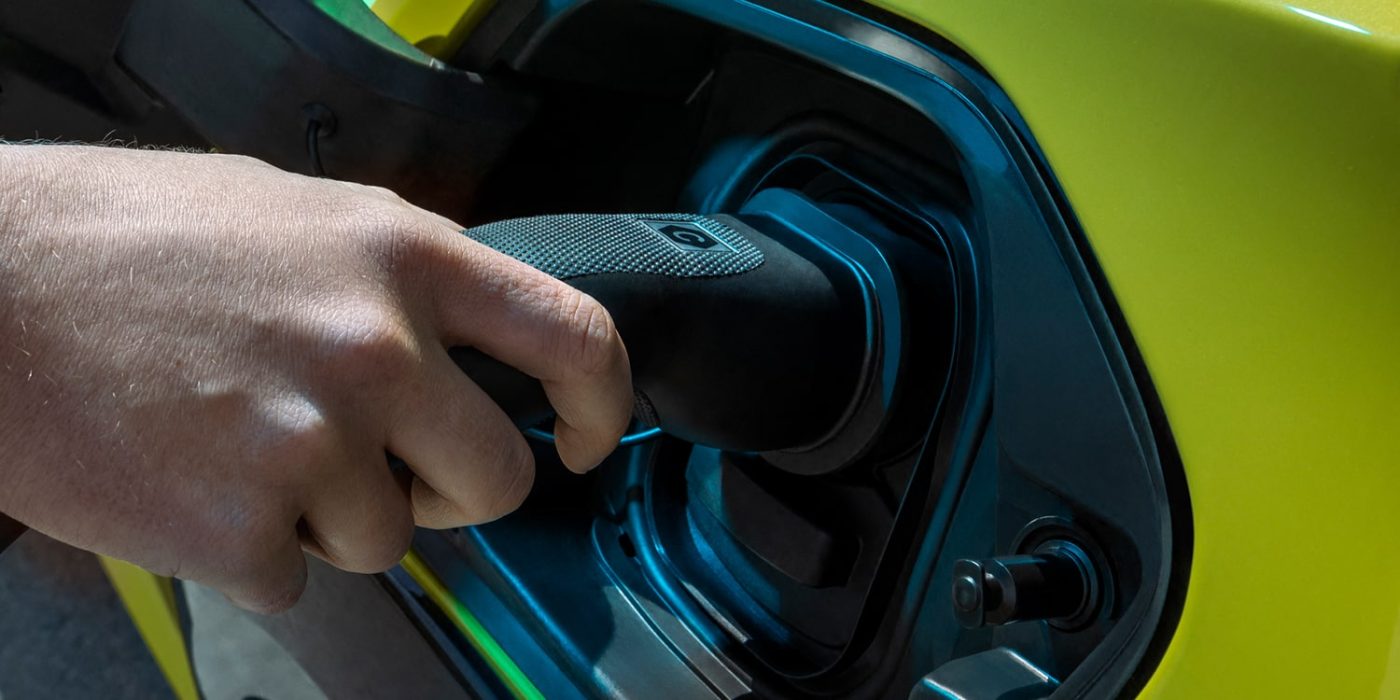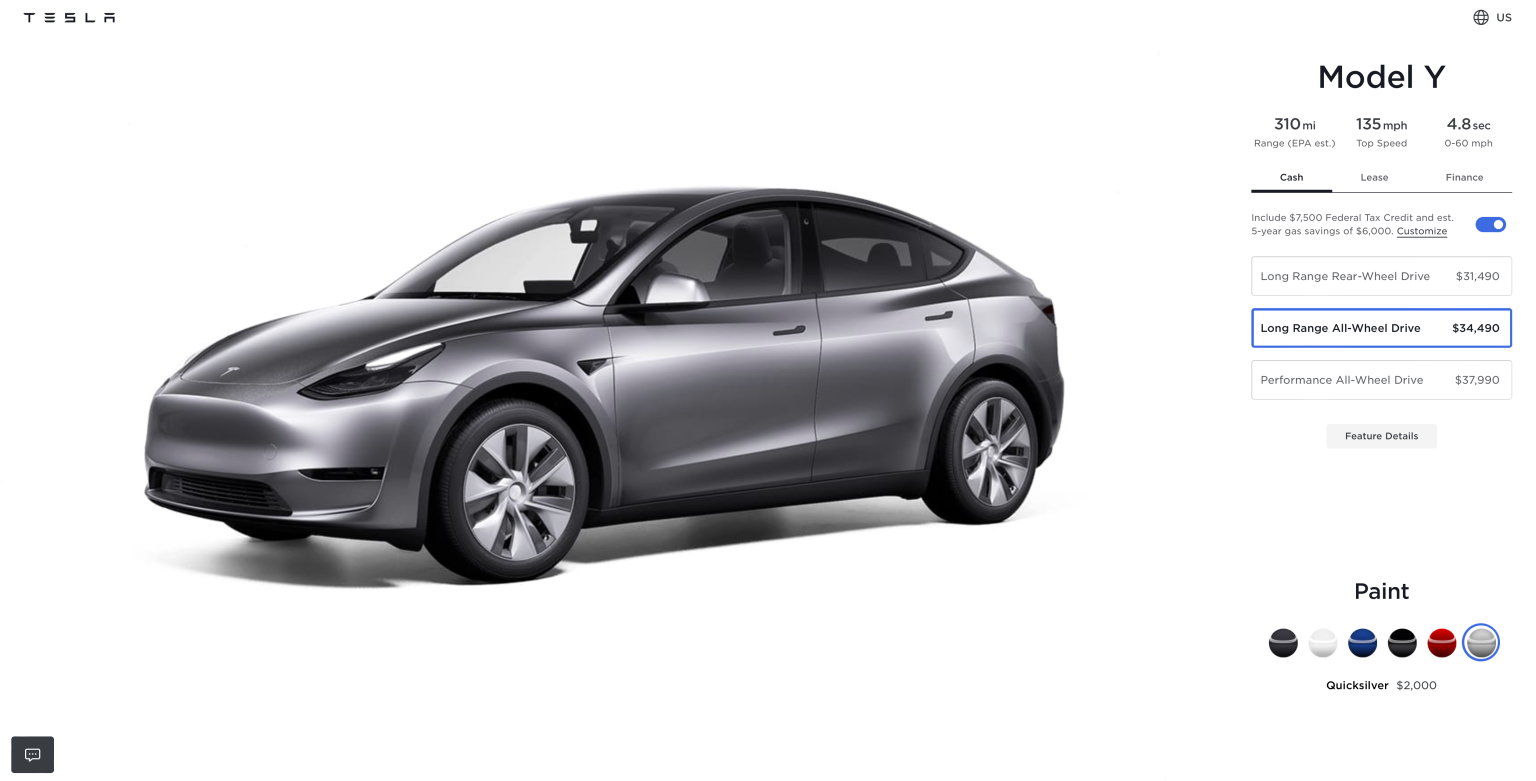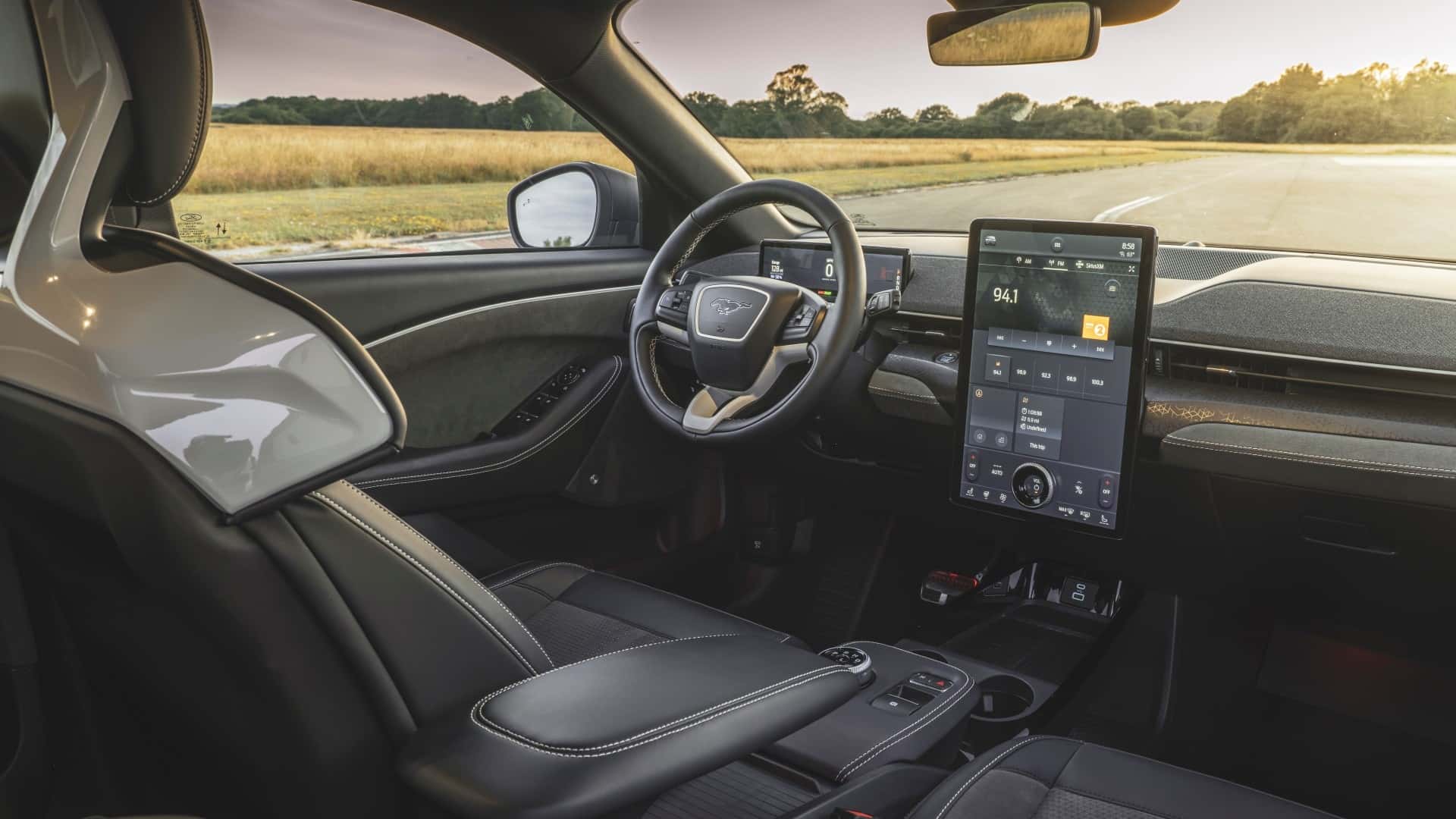The U.S. Department of the Treasury and the Internal Revenue Service (IRS) announced updated electric vehicle (EV) tax credit rules today, introducing new requirements aimed at expanding eligibility for more electric cars.
Despite being in effect for over a year, the U.S. has continued to update its reformed federal incentive for electric vehicles.
The latest announcement finalizes the rules for the program, which was launched as part of a reform in 2023. This reform brought significant changes, including the removal of the 200,000-vehicle limit per manufacturer and the addition of eligibility criteria for EV buyers and EV Manufacturer’s Suggested Retail Prices (MSRPs) to limit tax breaks for the wealthy purchasing expensive vehicles.
While these changes aimed to address the program’s fairness, the Biden administration also introduced new protectionist initiatives simultaneously. These initiatives require vehicles to be assembled in North America to qualify for the credit and stipulate gradually higher percentages of battery materials and components to be sourced from North America or countries with free trade agreements with the U.S.
The sourcing requirements have been challenging for automakers, leading to efforts to trace the source of all battery materials, such as through the battery passport, and to shift sourcing to North America where feasible.
Recognizing these difficulties, the Treasury Department and IRS have decided to relax some rules, particularly concerning the sourcing of graphite, electrolyte salts, binders, and additives, until 2027. This adjustment aims to allow more electric vehicles to remain eligible for the tax credit as the requirements become more stringent.
In response to these changes, many automakers and battery suppliers are investing in North American sources for these materials and their processing. For instance, both GM and Panasonic have invested in Nouveau Monde Graphite, a company aiming to become a new source of processed graphite in North America.
Currently, only 22 out of the 104 electric vehicles for sale in the U.S. are eligible for the tax credit. However, with automakers adapting to the new rules, more EVs are expected to become eligible in the future.







